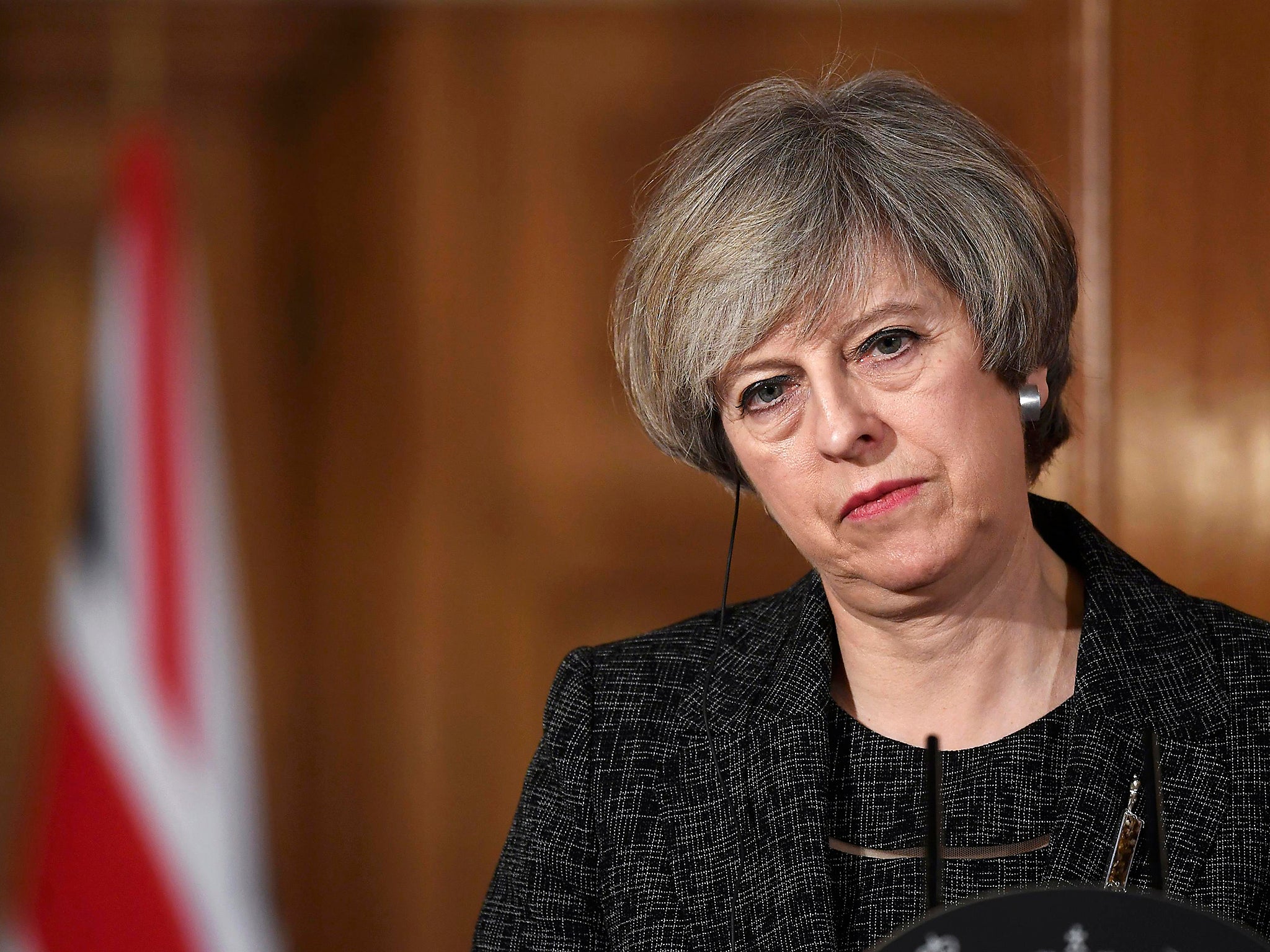With Government in self-protection mode, whistleblowers are in the firing line
There are various ways to keep bad news out of the media, but are we seeing in this country the same kind of two-faced approach that Donald Trump embodies with more razzamataz?


As Britain dances merrily towards the EU exit door ministers are naturally keen to give the impression that the UK is in a good position to overcome the challenges which might lie ahead. That is why we are so thrillingly “open for business”, and why the Prime Minister was so delighted to remind everyone of the depth of our “special relationship” with the US when she visited President Trump in Washington.
And to be fair, there are plenty of people – especially, but not only, those who voted to Leave in last year’s EU referendum – who want to believe things will turn out well.
Yet putting aside the broad economic or trading questions which are raised by a future outside the European Union, it is hard to ignore the feeling that Britain in 2017 is creaking.
The NHS is at breaking point, with hospital A&E units under particular pressure and – according to a recent study – fewer doctors opting to train in acute specialities as a consequence of last year’s junior contract dispute. The crisis in the country’s prisons, meanwhile, is ever more disturbing, with a growing population of inmates met inexplicably by cuts to the number of prison officers. Prisoner suicides are on the rise, drug use is rampant, and the reoffending rate within a year of conviction is running at 25 per cent.
Local authorities are feeling the pinch too, with a survey last week revealing that close to half of all councils expect to make cuts to frontline services “which will be evident to the public”. 94 per cent of council leaders say they plan to raise council tax. And as any commuter will tell you – especially those unfortunate enough to have to rely on the Southern network – the state of the country’s public transport network leaves a great deal to be desired. As for Britain’s ability to withstand a military attack, the news last week that the Royal Navy’s Type 45 destroyers were so noisy they could be heard by enemy submarines over 100 miles away was hardly comforting.
For the Government, every revelation about Britain’s strained public sector and groaning infrastructure – every waiting list target missed, every industrial dispute, every prison revolt, every duff piece of military hardware – is a body blow to positive talk of the UK’s rosy future. If only there was a way to keep the bad news out of the media.
One way to do that, of course, is to fix the things that are broken – but that will take one heck of an economic turnaround.
Another option is to take the President Trump route and simply accuse journalists of propagating “fake news”, while pretending that everything is actually fine. Whether Trump’s creation of an alternative reality works as well in grey London as it does in the land of Hollywood is an interesting question. Theresa May’s chutzpah levels might need to be raised a little before she sets forth.
A third way is to create an environment in which people are afraid to speak out against unacceptable conditions or practices. Sure enough, it has emerged in the last few days that the Government is reviewing the Official Secrets Act, ostensibly to make it fit for the digital age. Among other measures, the Law Commission has suggested increasing maximum jail terms for people leaking confidential information about national security from two years to 14.
The Government naturally denies that it wishes to restrict public whistleblowing or the right of the media to report leaked information – and of course the vast majority of public servants are not likely to come across highly sensitive material concerning security matters in the course of their work.
Nonetheless, this is the same Government which has already given civil liberties groups cause for concern by passing the Investigatory Powers Act last year. That legislation was also supposedly intended to help security agencies keep us safe but its effect was to grant the state significant power to examine civilians’ communications and internet use.
If one were to be charitable, it could be said that the Government finds itself in a bind. It has no money and is about to take a major step – leaving the EU – which most economists think will make the country poorer. Yet because we are on our way out of the Brussels club, ministers have got to talk a good game, all the time ensuring that they don’t drop the ball on national security, especially regarding potential terror attacks.
The other way to look at it is this: that we are seeing in this country the same kind of two-faced approach to Government that Donald Trump embodies with more razzamataz over the pond.
On the one hand, we have a neo-liberal approach to the economy – limiting regulation of financial markets and reducing public spending not only as a matter of necessity but as an article of faith. On the other hand, we see a controlling attitude towards opposition voices and civic data.
If the Government decides to implement Section 40 of the Crime and Courts Act, which would play merry hell with press freedom, we’ll know the game is up.



Join our commenting forum
Join thought-provoking conversations, follow other Independent readers and see their replies